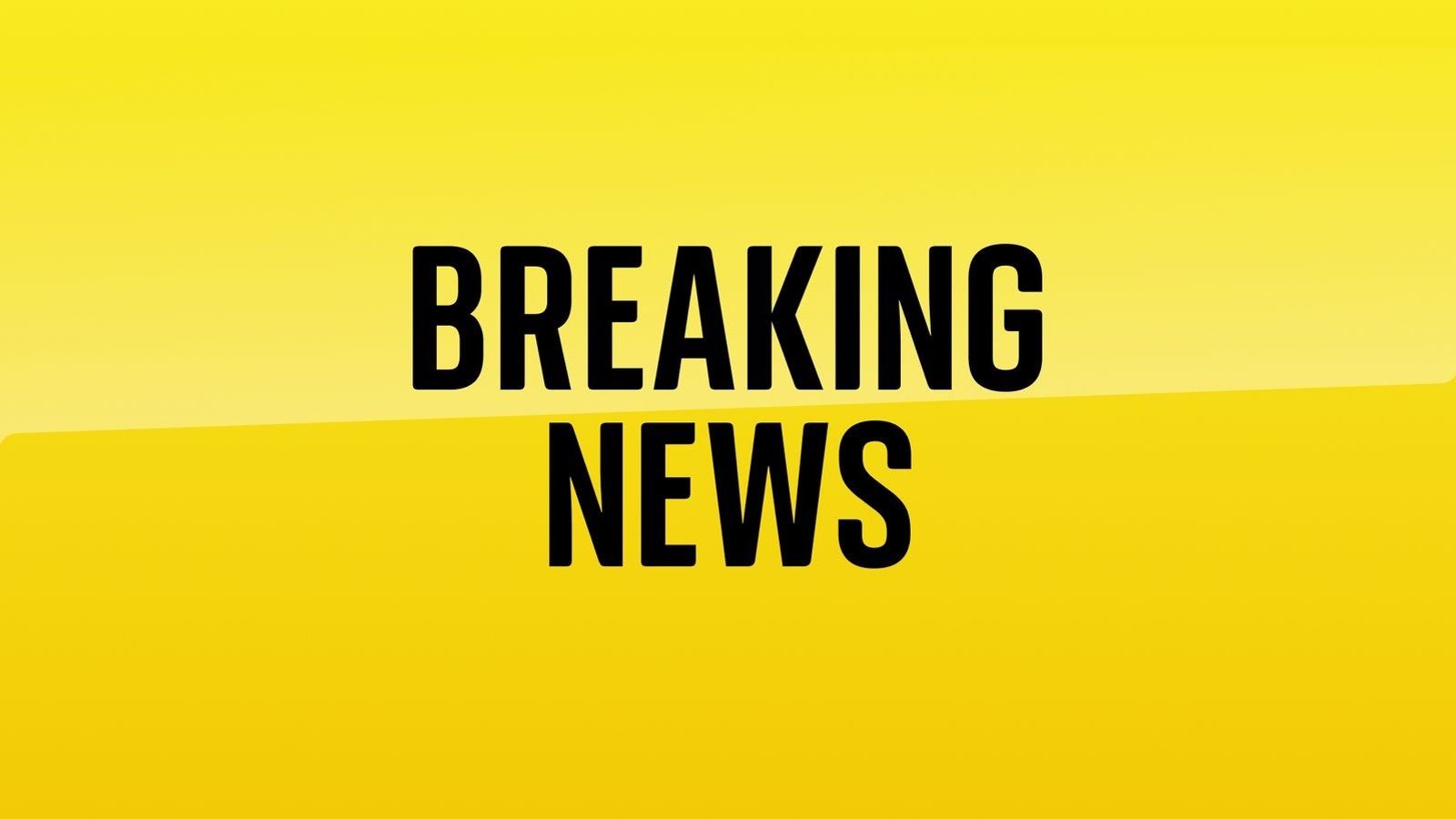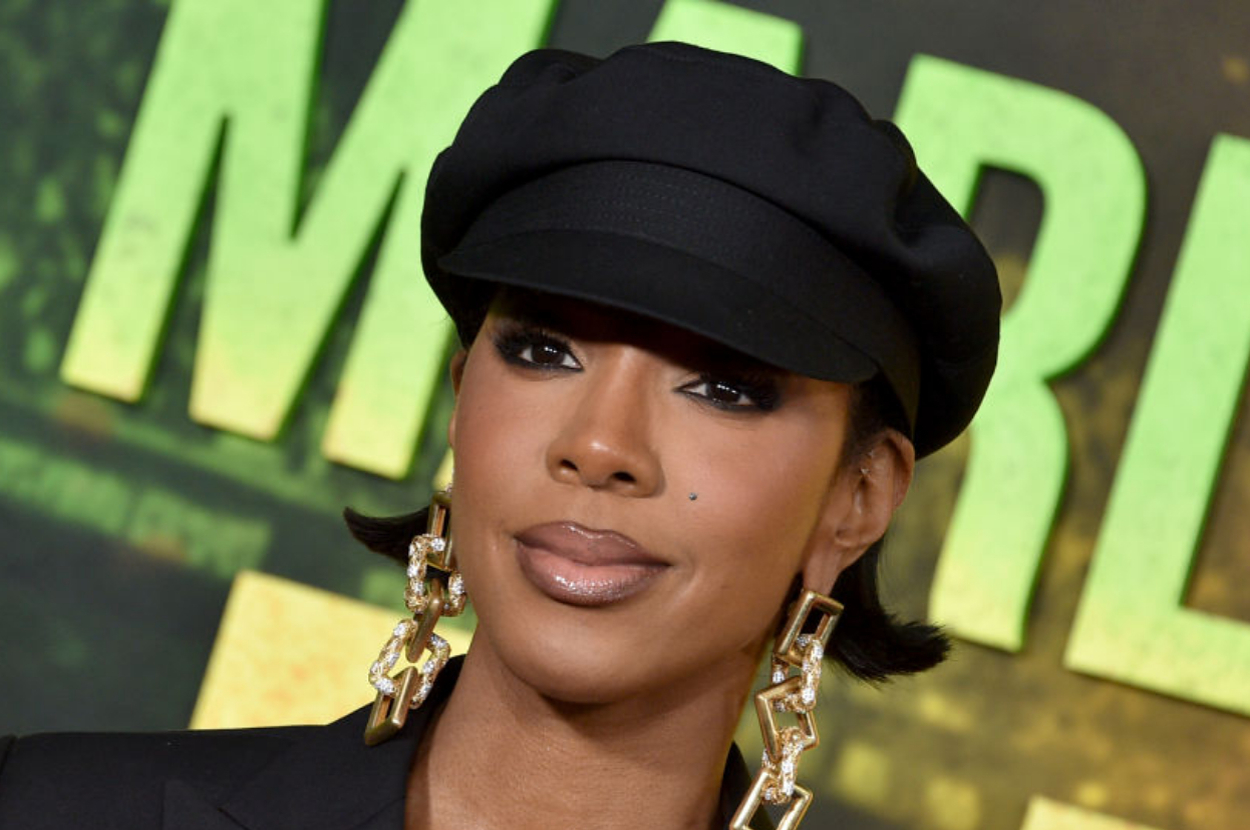Boris Johnson has said a “big bazooka” of cost of living help will help struggling families get through bumpy times ahead.
The prime minister was speaking to reporters in Stockton, Teesside a day after a £15bn package of new measures was unveiled by Chancellor Rishi Sunak.
All households will see £400 cut from their energy bills while the poorest eight million will receive lump sum payments of £650, beefing up support announced earlier in the year including a £150 discount of most council tax bills.
Mr Johnson described the assistance, amounting to £1,200 for the least well-off households, as a “big bazooka”.
He added: “I’m not going to pretend this is going to fix everything for everybody immediately. There are still going to be pressures.
“But it’s a very very substantial commitment by the government to getting us through what will be I’m afraid still a bumpy time with the increase in energy prices around the world.”
He said the measures will “get us through until I believe that prices will start to abate and we’ll be in a much stronger position”.
Politics live: Boris Johnson says he’s given ‘exhaustive’ response to damning partygate report – as departing govt aide criticises ‘toxic culture’
Paul Holmes: Tory MP quits as Home Office aide over partygate scandal
Sunak says inflation impact of cost of living help ‘minimal’ as he tells wealthy: let’s give our £400 rebate to charity
The measures will be part-funded by a tax levy on the bumper profits being enjoyed by oil and gas companies, which is expected to generate £5bn for the Treasury over the next year.
It comes at a time when soaring energy prices have pushed inflation to a 40-year high of 9% and after regulator Ofgem warned that gas and electricity household costs looked set to go up by a further £800 in the autumn.
Mr Johnson followed his Chancellor Rishi Sunak – who spoke to Sky News earlier – in playing down the risk that the support package could stimulate further inflation.
“We’ve looked at that very carefully and I think the answer to that is no because I don’t think that it will lead necessarily to more discretionary spending simply because people’s outgoings are going to go up and have been going up already as as result of the increased costs of energy and food,” the PM said.







